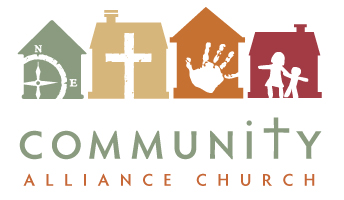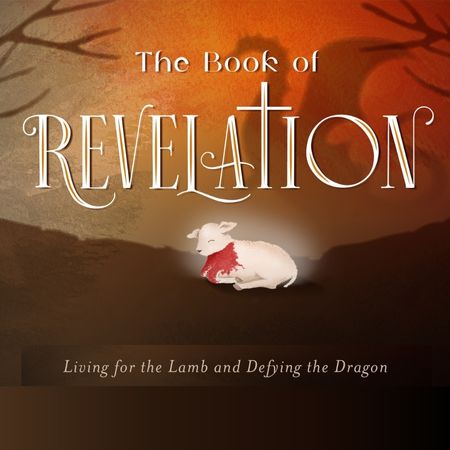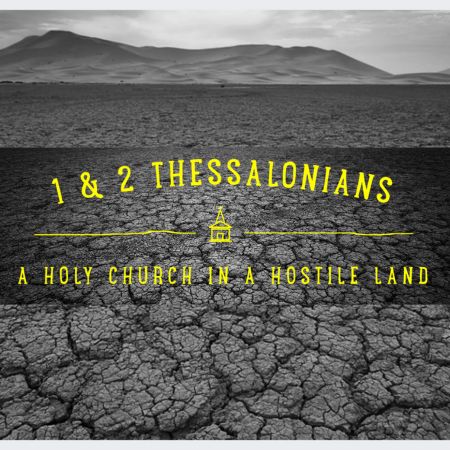The 2nd week in this year’s Advent Messages we look at the gift of Love and how transformative love requires knowing god personally, is counter-cultural, unites the Body of Christ and changes the World.
Sermons on Love for Others
(1 John 4:7-12)
The next 7 messages from Revelation will cover the 7 churches individually. Up first is the Church of Ephesus. They received compliments and had 3 good things going for them; they worked hard, refused to give up and didn’t tolerate false teachers, but Ephesus also received a criticism related to rekindling their love for one another, and Ephesus received a caution, namely repent!
This passage (familiar to most) describes and encourages living in a Kingdomly way that impacts every area of our life.
As we continue with Part 2 in 1 Thessalonians 4:9-12 we specifically focus on verses 11-12. Paul is helpful here in affirming that love is observable. While it is good for us to declare we love the body God has given us, we must also demonstrate we do as is detailed in verse 11. Paul goes on to share in verse 12 that such demonstrable love makes a difference both externally (to outsiders) and internally (us who are already a part of the family).
In Part 1 of this sermon on 1 Thess. 4:9-12. The call to love one another within the body of Christ is the central. From this text we will look at the details Paul relays about this all-important love we must show our brothers and sisters. Paul is adamant that such love is neither optional nor individually defined. Instead, Paul makes these things clear about love.
It is not all that uncommon for Paul to break out into prayer in his letters and/or to mention what he has been praying and continues to pray for these Jesus-followers he loves so dearly. Here he does just that. As a result, we can learn a thing or two from his prayer.
Often, when we think of the biblical theme of “love” we run first to God’s love for us. That is good and right. Then perhaps we will mention our love for Him, which is also good and right. However, by His design, biblical love isn’t just defined as “His love for us” and “our love for Him.” It also includes our love for one another or, to put it another way, the church. Paul loved these people (the church at Thessalonica). Through the things Paul conveys here, it is clear that this love was not abstract but quite concrete.
In chapter 1 Paul talked about this church being “imitators” of him and his ministry companions (which is a theme he will revisit later in chapter 2). In between these discussions of imitation is a call to recall how Paul, Silas and Timothy were while they were in their midst. This all ties together because if this church or any church sought to take seriously the instruction to imitate, they must be shown what it is they ought to be imitating. Paul does a wonderful job of doing just that here, while ever encouraging his readers to remain fixed on Jesus.
We believe we are here to have a cultural impact. The Gospel compels us to have hope, love others, and transform our town. We do not need an invitation to love. God is calling us to impact others where we are. We are here to have an impact, not to have a successful programs or activities.






